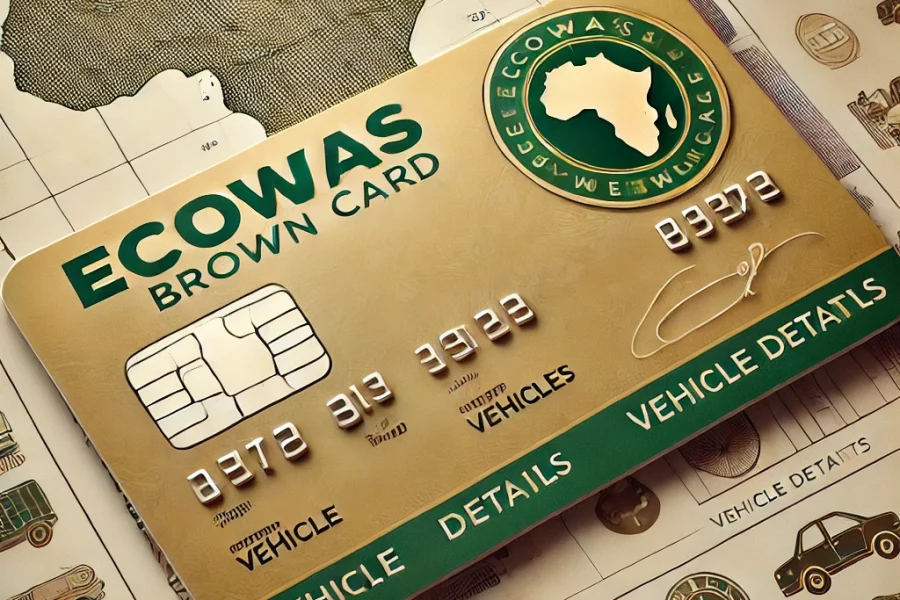[php_everywhere]

Adoption in Ghana is a heartfelt journey that allows individuals or couples to embrace a child not born to them and offer them a loving home. The process is meticulously designed to always prioritize the child’s best interests.
Basis for Adopting a Child
When considering the basis for adopting a child in Ghana, several factors come into play. The child’s own wishes are paramount, especially if they are of an age and maturity to form an opinion. The continuity of care is also essential; the child should ideally have been in the prospective adoptive parent’s care for a significant period, typically at least three consecutive months before the adoption process begins. Additionally, if the child is fourteen years or older, their consent becomes a crucial part of the adoption process. Above all, every decision made during the adoption process should resonate with the child’s best interest.
Eligibility to Adopt
The eligibility to adopt in Ghana is defined by specific criteria. Prospective adoptive parents must follow a prescribed application process, which can be tailored for either in-country or inter-country adoptions. Joint applications from a husband and wife are common, but a single parent can also apply, especially if they are the biological parent of the child. However, there are certain restrictions. For instance, individuals in same-sex relationships are not eligible for intercountry adoption in Ghana. A thorough home study is conducted for every prospective adoptive parent, which helps determine their eligibility and suitability based on various factors.
Types of Adoption in Ghana
Ghana recognizes several types of adoptions. The most common is the in-country adoption, where a Ghanaian child is adopted by citizens within the country. However, there’s also the inter-country adoption, where a child finds a home beyond Ghana’s borders. This type of adoption is considered especially when suitable foster or adoptive families are not available within Ghana. Another form is the relative adoption, where the child is adopted by a family member. There are also special circumstances under which adoptions can occur, catering to unique situations that might not fit the standard adoption mold. A child can also be adopted under customary law.
Customary Adoption
Adoption under customary law is done at the family or community level according to the customs and traditions of the applicants. The Courts have outlined specific criteria that must be satisfied for such an adoption to be legally valid and binding for all parties involved.
Key Criteria for Valid Customary Adoption
• The adopter must clearly express their intention to adopt the child in the presence of witnesses.
• The child’s biological parents and family must consent to the proposed adoption. This consent can be directly stated or deduced from their actions or words. Notably, the consent of the adopter’s family is not a mandatory requirement for the adoption.
Legal Implications of Customary Adoption
• The adopted child attains the status of being a child born within the marriage and receives the same set of rights. This includes inheritance rights, responsibilities, privileges, and obligations equivalent to a biological child.
• The rights and duties of the child’s biological parents are terminated permanently, transferring to the adoptive parents.
Adoption in Ghana is more than just a legal process; it’s a journey of love, commitment, and responsibility. Whether parents are looking to adopt within Ghana or from abroad, the central focus remains unwavering: ensuring the child’s well-being and bright future.
Disclaimer: The information you obtain from this article is not, nor is it intended to be, legal advice. You should consult a lawyer for advice regarding your individual situation. Contacting us or viewing this blog does not create lawyer-client relationship.










